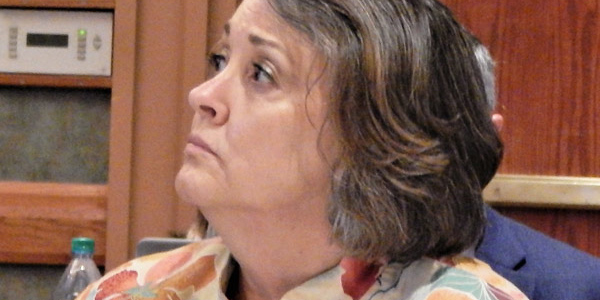By Tom Kleckner
State regulators in SPP and MISO on Monday separately approved recommendations to engage the SPP Market Monitoring Unit and the MISO Independent Market Monitor to conduct a joint analysis on seams issues between the two grid operators.
The SPP Regional State Committee, meeting by conference call, agreed unanimously with the RSC-Organization of MISO States Seams Liaison Committee’s recommendation to work with the Monitors. The MMU and IMM brought a scoping plan to the Liaison Committee earlier in May, offering to identify and study seams issues, quantifying costs and benefits of proposed solutions when possible.
The recommendation directs the Monitors to immediately begin a Tier I study of market-to-market coordination, rate pancaking and joint dispatch.
A Tier II study following the completion of Tier I would focus on interface pricing, interchange optimization and regional directional transfer limits.
Both studies are to be completed by June 2020.
Tier III will serve as a parking lot for several other issues: exchanging firm flow entitlements in M2M transactions, targeted market efficiency projects, and outage and day-ahead coordination.
Kansas Corporation Commissioner Shari Feist Albrecht, who represents the RSC on the Liaison Committee, said stakeholder comments on potential study subjects centered on rate pancaking and joint dispatch.
“We decided that might be a significant issue from a state perspective,” Albrecht said. “We’re just trying to get some ballpark numbers to identify potential savings.”
Albrecht hopes the Monitors can finish their Tier I work in “six months or so,” then move on to Tier II.
The MMU’s Greg Sorenson addressed RSC concerns that the study would add incremental costs, saying the Monitor’s goal is to conduct four independent market studies each year; the RSC/OMS analysis would serve as one of those four studies.
The OMS Board of Directors also voted overwhelmingly to approve the Monitors’ joint study Monday in an email ballot, with 14 members in favor, one abstention and two non-participants, Executive Director Marcus Hawkins confirmed.
“Since both boards have approved the scope and prioritization, the monitors will now start to develop their work plans on the first phase of the study,” Hawkins said in an email to RTO Insider.
MISO stakeholders at a June 4 Seams Management Working Group conference call asked why the study was being conducted by the Monitors rather than RTO staff.
“We were looking for some independent analysis,” Missouri Public Service Commission economist Adam McKinnie explained.
The Liaison Committee has been meeting since mid-2018 to help improve the grid operators’ interregional coordination, which has never produced a major project. (See MISO, SPP to Ease Interregional Project Criteria.) That has frustrated some stakeholders and caused market inefficiencies.
Committee members will meet July 21 at the National Association of Regulatory Utility Commissioners’ summer policy summit in Indianapolis. The committee has invited FERC commissioners and staff to attend.
Amanda Durish Cook contributed to this article.






